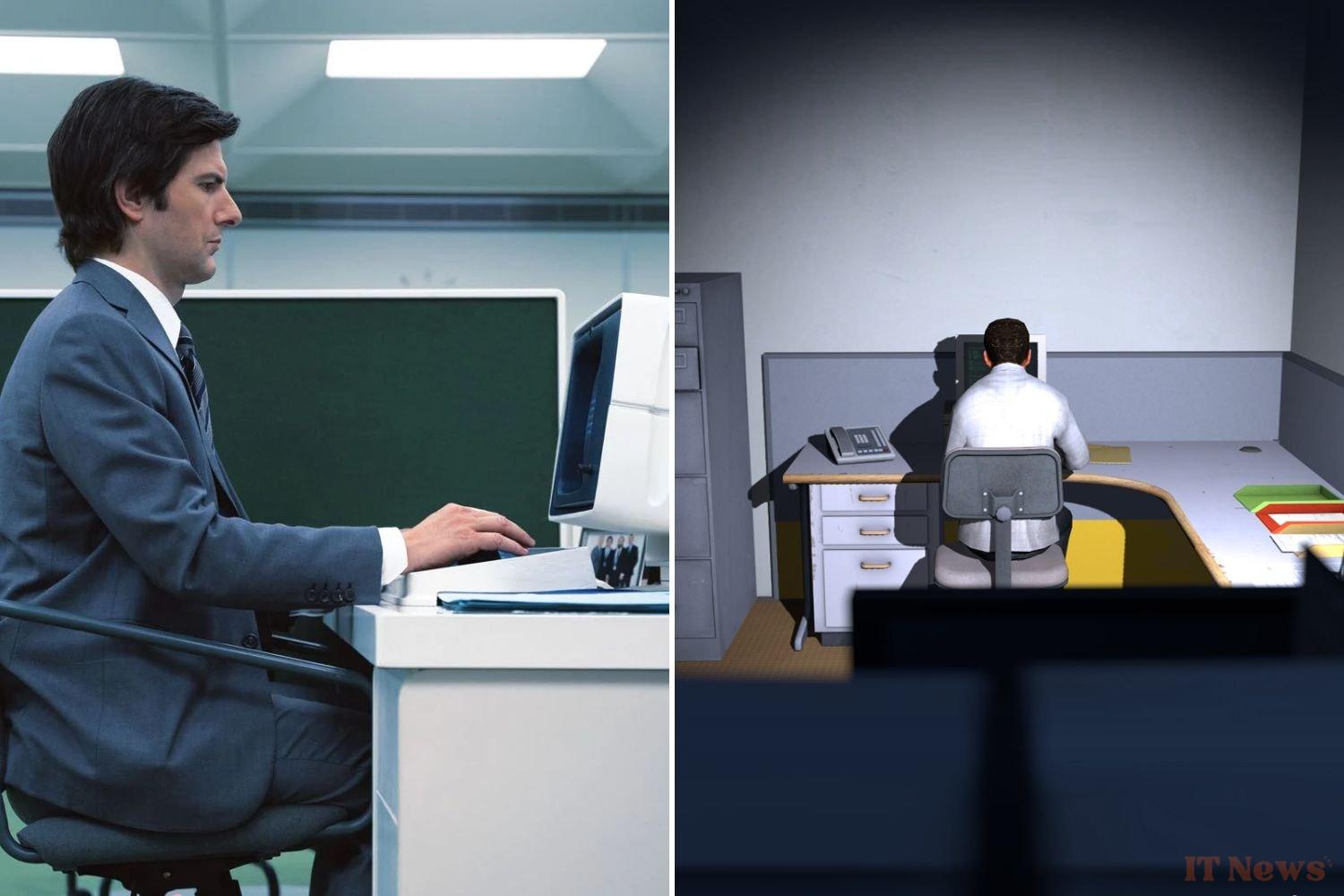Since its release in 2022, Severance has captivated viewers with its mysterious atmosphere and chilling exploration of alienation in the workplace. With Season 2 of the series now streaming on Apple TV, fans are rediscovering its dystopian world, where employees are deprived of their personal memories while in the office. As gaming fans, this inevitably brings to mind another cult classic: The Stanley Parable.
It would be tempting to think that this is just a coincidence, but it is not. As the creator of Severance confirmed on Reddit, the indie game was indeed a source of inspiration for the series. This revelation further illuminates the many parallels between these two landmark works.
Works to Sterile Aesthetics
From the first minutes of Severance, viewers are struck by the sanitized and distressing aesthetic of the Lumon Industries offices. The endless corridors, the empty and impersonal rooms, the disturbing symmetry of the sets... Everything recalls the labyrinthine spaces of The Stanley Parable, where the player moves through dehumanized offices. In both cases, these environments are not simple sets: they fully participate in the feeling of oppression and absurdity that permeates the universe.
Alienation linked to the world of work
One of the central themes shared by both works is alienation from work. The Stanley Parable illustrates this idea by putting the player in the shoes of a solitary employee, trapped in a system that gives him no real free will. For its part, Severance pushes this logic even further by separating its characters into two distinct entities: the innie, locked in in the office with no memory of the outside world, and the outie, who knows nothing about her job.
Similarities like these are numerous between the two works. Severance of course has other inspirations: The Matrix, The Office and The Truman Show jostle in the list of muses of Dan Erickson, the creator of the series. But The Stanley Parable remains the most palpable of them. If the series and the game share many points in common, Severance does not just copy The Stanley Parable, it magnifies its themes to through a more linear narrative and constant dramatic tension.
By confirming this influence, the creator of Severance only reinforces the idea that the two works respond to each other, each in their own way, in their critique of the dehumanization of work and the loss of identity that results from it. Further proof that video games can be a major source of inspiration for ambitious audiovisual stories. If you haven't yet tried The Stanley Parable, this may be the time to do so.



0 Comments